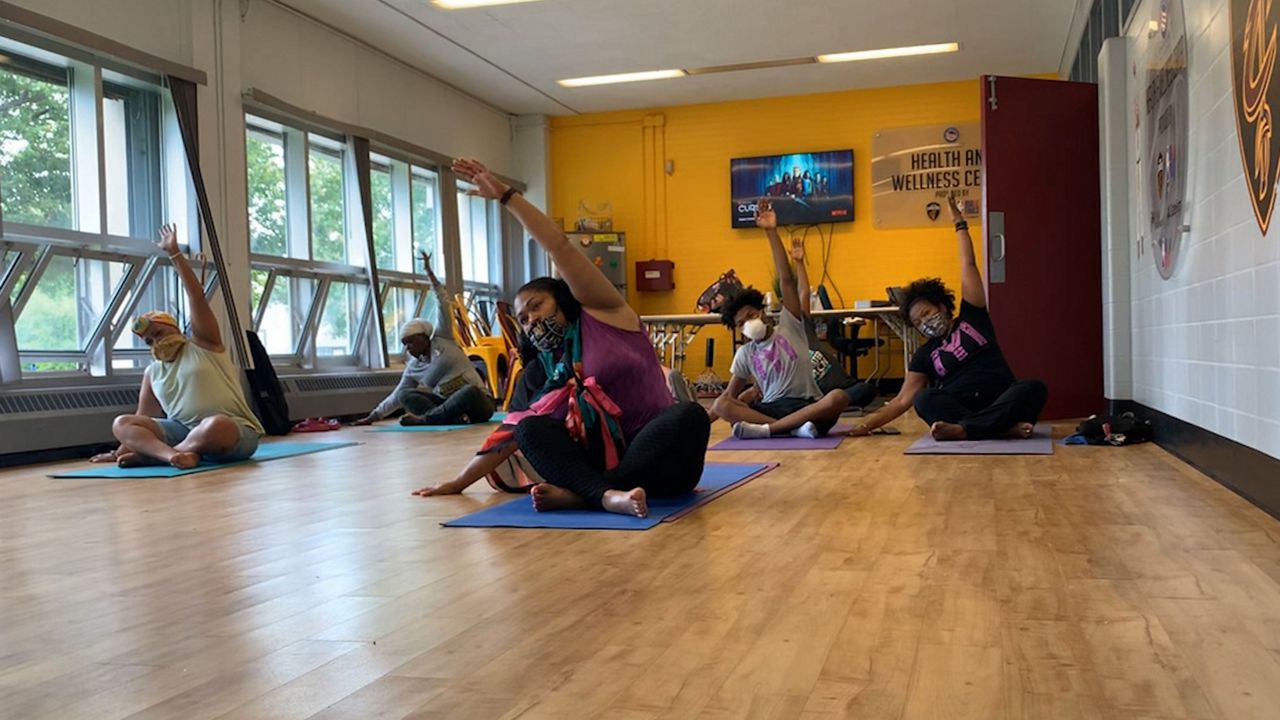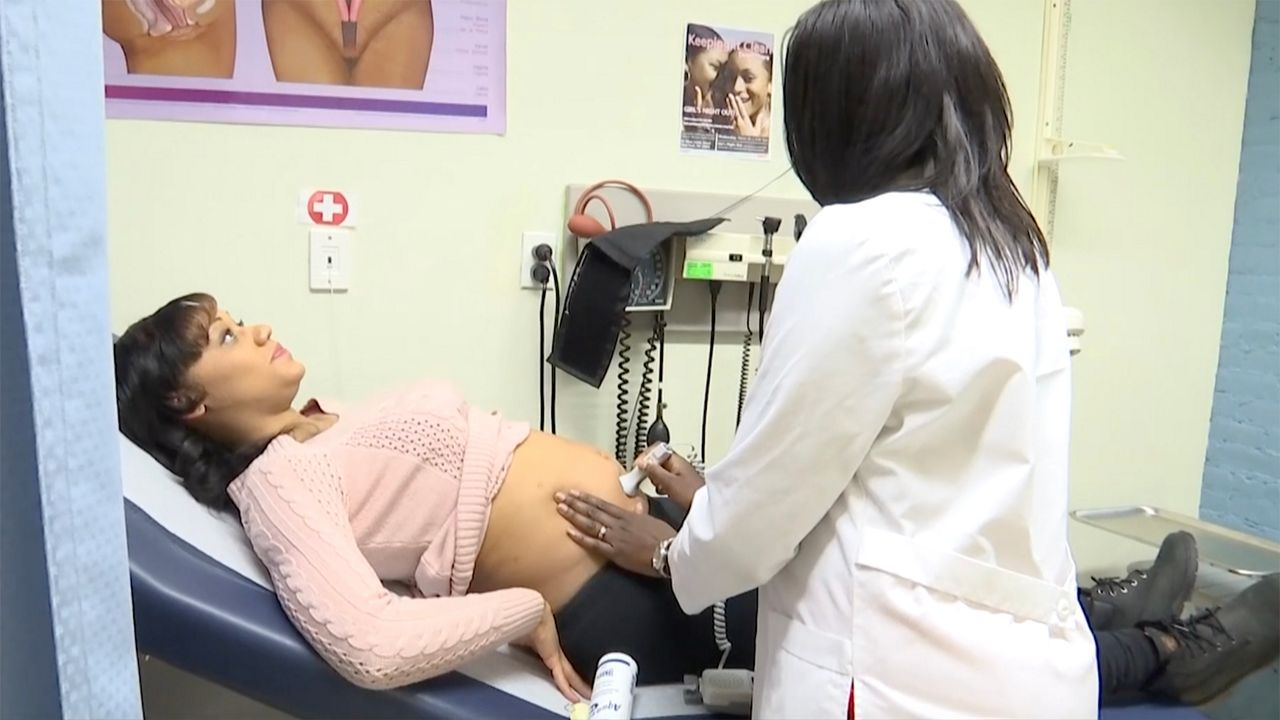OHIO — Even among apparently healthy children, Black patients are almost three and a half times more likely to die within 30 days after surgery than white patients, according to a new study published in Pediatrics. Dr. Olubukola O. Nafiu from Nationwide Children’s Hospital in Columbus is one of five researchers who conducted the study.
“These were children that we described as relatively being healthy so technically we shouldn't have that degree of difference in the outcome,” said Nafiu.
Nafiu’s team analyzed data from over 172,000 children who underwent surgery between 2012 and 2017. The data came from hospitals across the country through the National Surgical Quality Improvement Program-Pediatric database. All of the patients were age 17 or younger. Of the patients included in the study, 70 percent were white and about 11 percent were Black.
In addition to a higher rate of death, the study found that Black children were almost 20 percent more likely to develop complications after surgery and also face higher odds of developing serious complications or adverse events.
“I think we need to go into the deep levels of this data, you know, what were the complications that were greatest, what hospitals, are there any specific patterns that exist?,” said Dr. Edward Barksdale, Surgeon In-Chief at Rainbow Babies And Children’s Hospital in Cleveland.
While Black children were more likely to experience negative outcomes than white children, the overall rates of death, serious adverse events and complications were still extremely low. The mortality rate for Black children was 7 percent compared to 2 percent for white children.
“The last thing we want any parent to take away from our study is that hospitals are dangerous, that’s not what we’re saying. Black children are not being killed in hospitals because of their race or anything like that,” said Nafiu. "As a matter of fact, if anything this study confirmed the safety, that surgery is still a relatively safe venture given that we have relatively low complication rates and very low mortality rates.”
“If you are a parent and you fall in any group and your child has a 3 x greater likelihood of having a problem, would you be worried? Absolutely. I mean we worry more about our children than we worry about ourselves,” added Barksdale.
Differences in hospital quality, equitable healthcare access and racial biases have been suggested as contributors to racial health inequities in other research.
“Anytime there’s a disparity it begs the question is there some form of bias that exists and how can we mitigate that,” said Barksdale.
Nafiu said those factors are beyond the study's scope, and that reasons for the disparities found are uncertain.
The study did not provide definitive answers for the causes of the disparities.
“That is going to require more research. We cannot answer that question from current study, and we’re just going to have to go back to the database to see whether we can find some answers and continue to provide the best care for the children,” said Nafiu.








